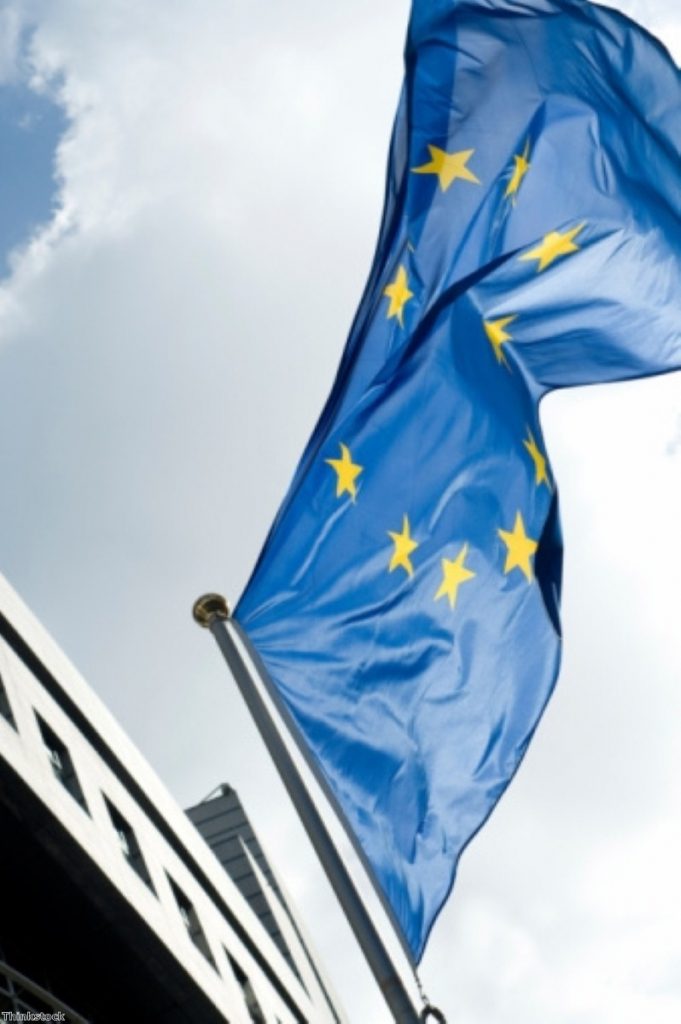EU member states snub UK’s Brussels powers review
By Phoebe Cooke
Just two EU member states have said they will give evidence to Britain's EU 'balance of competences' review, it has emerged.
Foreign Office officials have played down the snub, saying the review's priority was not the involvement of EU member states.
But British diplomats will be privately concerned Britain's initial efforts to engage other European countries with the UK's assessment of Brussels' powers are meeting with limited success.


Today saw the first swathe of reports from the balance of competences review. Of 26 member states invited to give evidence only Italy and Romania said they would, although the British government said this was "not a problem".
The six reports released today covered a wide variety of important areas of European policy, including the single market, health, taxation and foreign policy.
"The review is primarily a British exercise about British national interests," a Foreign Office official said.
"The reports don't reach conclusions and they don't make policies – they give accounts."
The balance of competences review was launched by the coalition after it entered government.
But it has been overshadowed by the prime minister's announcement in January that Britain will hold an in-out referendum on its ongoing membership of the European Union if the Conservatives win the next general election.
The process is now being used by ministers as a key device to outline the objections Britain has to the status quo.
These will prove critical when it comes to sitting down with Brussels bureaucrats to try and persuade them to return powers to the UK.
Oddly, today's reports all drew the overall conclusion that the UK's influence in the EU was "broadly appropriate."
The Foreign Office official added: "The review does not prejudice or predetermine any decisions the coalition makes in the EU."
The six reports are the first of around 30, which will gradually be published until the end of 2014.
Business leaders in Britain expressed cynicism about the process.
"There are some areas of EU legislation that should be re-thought, but any debate about the balance of who does what between the EU and member states must come up with solutions for the whole of Europe," the CBI's chief policy director Katja Hall said.
"Arguing for a special relationship for the UK alone could lead to the exit door by default."

